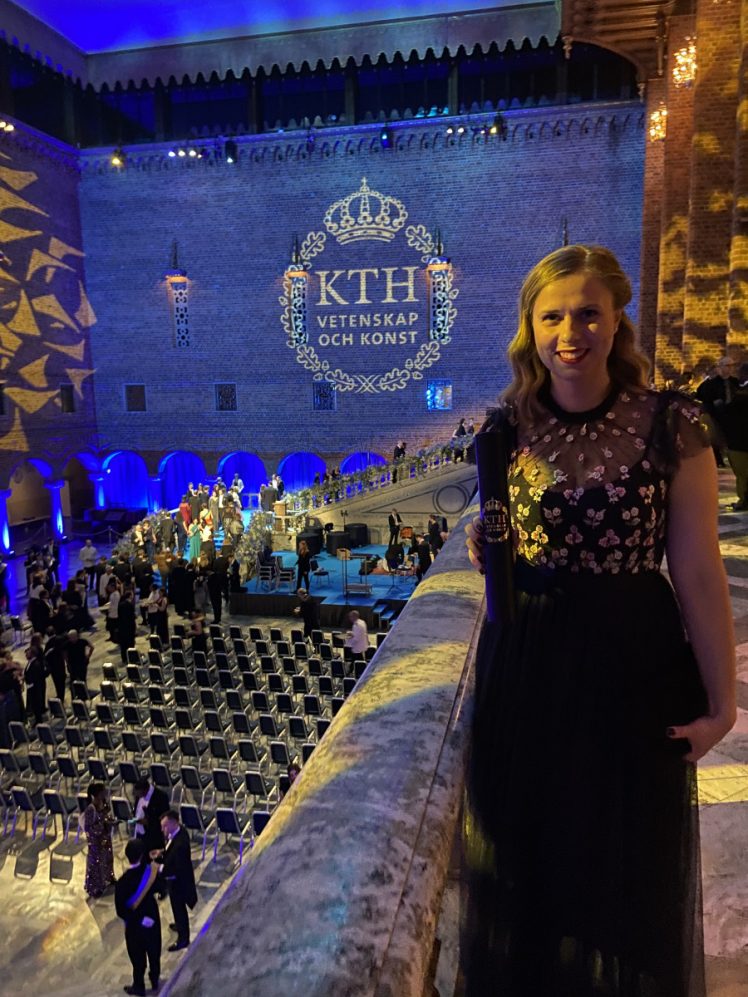Brigita Dejus is a researcher at Riga Technical University, Latvia.
In 2021, I graduated from KTH Royal Institute of Technology and Riga Technical University, where I conducted my doctoral research on using filamentous fungi for wastewater treatment with a focus on targeting pharmaceutical substances. It was a pleasant surprise for me to receive an invitation to join the lunch seminar organized by WaterCentre@KTH. During the seminar, I presented my findings on the current state of water-based epidemiology in Latvia, as well as provided insight into the European Commission’s mission “Restore our Ocean and Waters”.

Forecasting COVID-19 with multiple data sources
Have you ever wondered if it is possible to forecast cumulative COVID-19 cases two weeks in advance using historical data on previous two-week cumulative cases, RNA concentration data, and strain prevalence data? Or, is it possible to demonstrate the applicability of water-based epidemiology in small and medium-sized municipalities and to test whether the combination of data from biomarkers (5-HIAA) and mobile phone call activity can increase the accuracy of a relationship assessment between the amount of detected SARS-CoV-2 RNA copies in wastewater and confirmed COVID-19 cases? If so, check out these two publications where a water-based epidemiology research team from Latvia has worked to find the answers (Paper I and Paper II).
Restore our waters, a EU mission for the ocean
Finally, the seminar was closed by a discussion about the European Commission’s mission “Restore our Ocean and Waters”. With a 2030 target, the EC Mission aims to protect and restore the health of the ocean and waters through research and innovation, citizen engagement, and blue investments. The Mission’s new approach will address the ocean and waters as one and play a key role in achieving climate neutrality and restoring nature. More information about the mission’s goals, strategies, and ongoing activities can be found at the following link.
The importance of sharing
To conclude, I want to emphasize the importance of sharing research findings with other researchers. This is why I believe it was important to visit KTH and share my own story about my work. As John F. Kennedy has said, “Anyone who can solve the problems of water will be worthy of two Nobel prizes – one for peace and one for science.” With this in mind, I urge everyone in academia to continue experimenting and upholding new knowledge for the water and wastewater field, especially as we approach the announcement of the new Nobel laureates for 2024 by next week.

No comments yet. Be the first to comment!